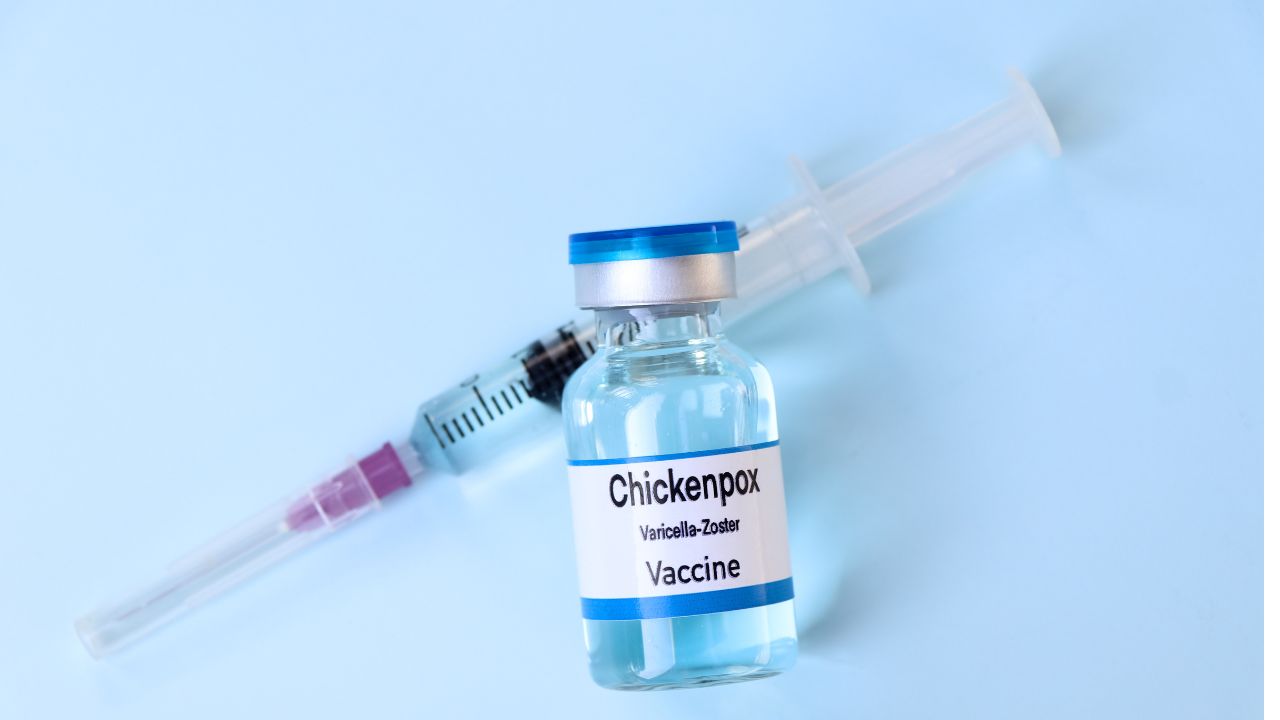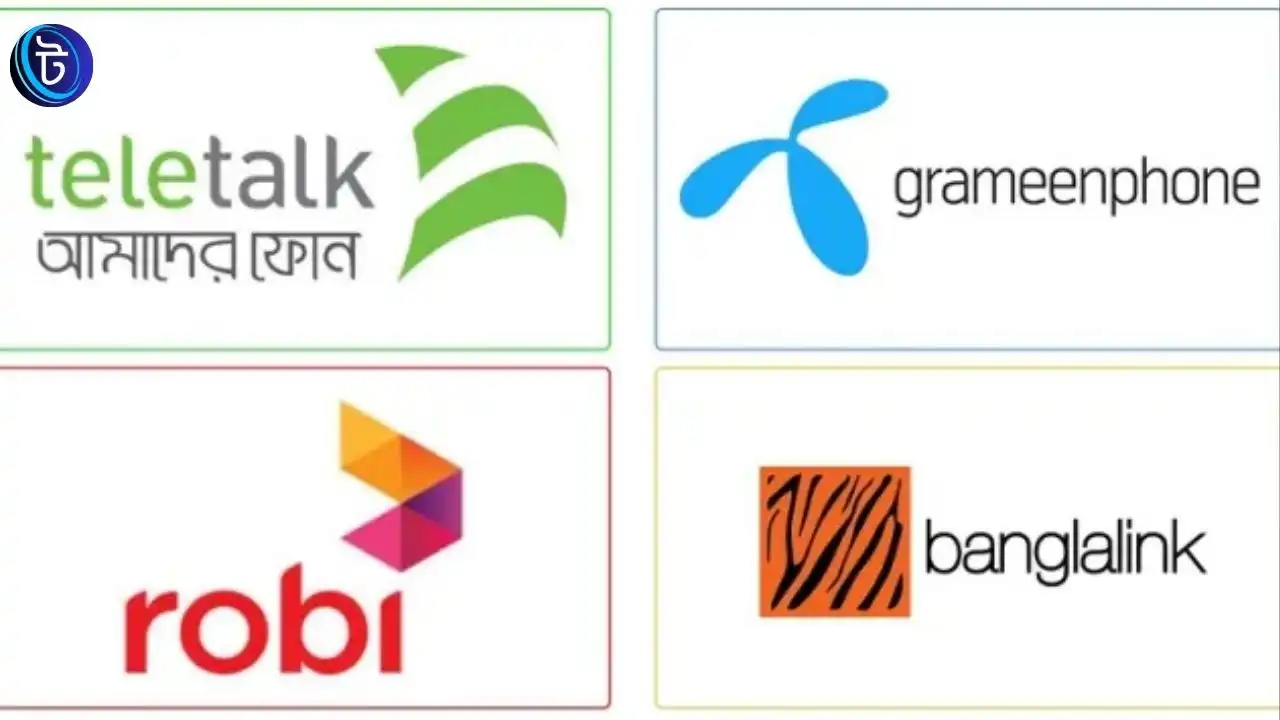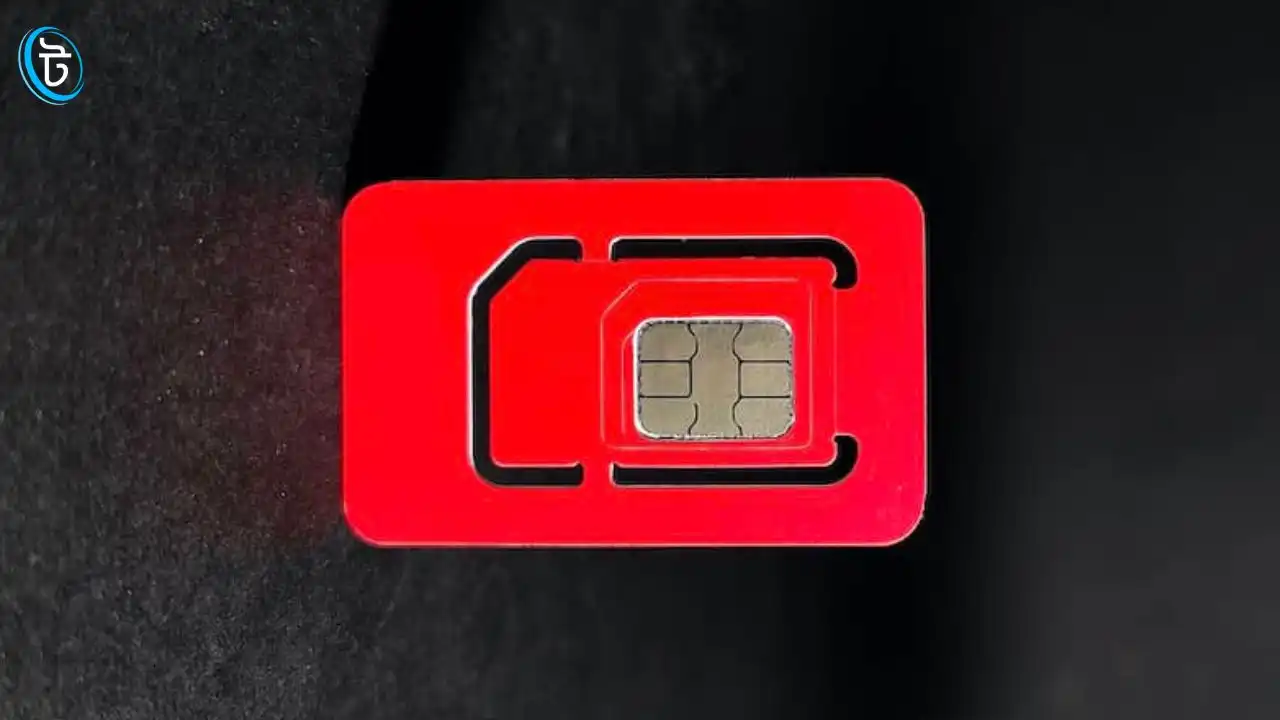Polio Vaccine:Polio, a potentially disabling and life-threatening disease caused by the poliovirus, can be effectively prevented through vaccination. The polio vaccine has been instrumental in reducing polio cases worldwide, protecting millions of children from paralysis and death. This article delves into the recommended ages for polio vaccine administration and the importance of adhering to the vaccination schedule.
Polio Vaccine Schedule
The polio vaccine is available in two forms: the Inactivated Polio Vaccine (IPV) and the Oral Polio Vaccine (OPV). Depending on the region and healthcare guidelines, the vaccine schedule might vary slightly. Below is the general schedule recommended by the World Health Organization (WHO) and the Centers for Disease Control and Prevention (CDC):
Stay Connected With Google News
- First Dose: At 2 months of age
- The initial dose is crucial for priming the immune system to recognize and combat the poliovirus.
- Second Dose: At 4 months of age
- This follow-up dose strengthens the immune response initiated by the first dose.
- Third Dose: Between 6-18 months of age
- The third dose provides additional immunity, ensuring long-term protection during the early developmental years.
- Booster Dose: Between 4-6 years of age
- The booster dose ensures continued immunity as the child grows, especially as they interact more with their environment.
Importance of Following the Schedule
Adhering to the vaccination schedule is essential for several reasons:
- Protection from Early Age: Polio can strike infants and young children, making early immunization vital.
- Herd Immunity: High vaccination rates contribute to community-wide protection, preventing outbreaks.
- Global Eradication Efforts: Following the vaccine schedule supports global initiatives aimed at eradicating polio.
Why the Polio Vaccine Matters
- Protection Against Paralysis: Vaccination protects individuals from developing paralysis caused by the virus, which can lead to lifelong physical disabilities.
- Community Immunity: Widespread vaccination reduces the spread of the virus, creating herd immunity. This protects those who cannot be vaccinated due to medical conditions.
- Global Eradication Efforts: Vaccination programs have significantly reduced polio cases worldwide. The Global Polio Eradication Initiative (GPEI) has brought us closer to eradicating polio altogether.
- Cost-Effectiveness: Investing in vaccination campaigns is far more cost-effective than treating polio cases and their complications.
Challenges in Polio Eradication
- Vaccine Hesitancy: Misconceptions about vaccine safety can lead to lower immunization rates.
- Political and Social Barriers: In some regions, conflicts and misinformation hinder vaccination campaigns.
- Cold Chain Logistics: Vaccines require proper storage and transport conditions, which can be challenging in remote areas.
Side Effects and Safety
Polio vaccines are extensively tested for safety and efficacy. Mild side effects like soreness at the injection site (for IPV) or mild diarrhea (for OPV) may occur but are generally short-lived. Serious side effects are extremely rare.
Questions About the Polio Vaccine
1. Why are multiple doses necessary?
The multiple-dose schedule ensures robust and lasting immunity. Each dose builds upon the previous one to provide comprehensive protection.
2. Is the polio vaccine mandatory?
In many countries, the polio vaccine is part of the routine immunization schedule and is strongly recommended or required.
3. Can adults receive the polio vaccine?
Adults who are at higher risk of exposure (e.g., travelers to regions with polio cases) may receive booster doses of the IPV.
Trusted Sources Link-https://pmc.ncbi.nlm.nih.gov/
Conclusion
The polio vaccine remains a cornerstone of public health, safeguarding children from a debilitating disease. By adhering to the recommended vaccination schedule, parents can ensure their children are protected and contribute to the global effort to eradicate polio. Staying informed and consulting healthcare providers about immunization schedules can help ensure a polio-free future for all.
Related Post For You :-
10 Foods to Avoid if You Want to Fight Cancer Does Cooking Oil Cause Cancer? What Are the Names of Cooking Oils? Olive Oil Benefits for Females: Health, Beauty, and Wellness



